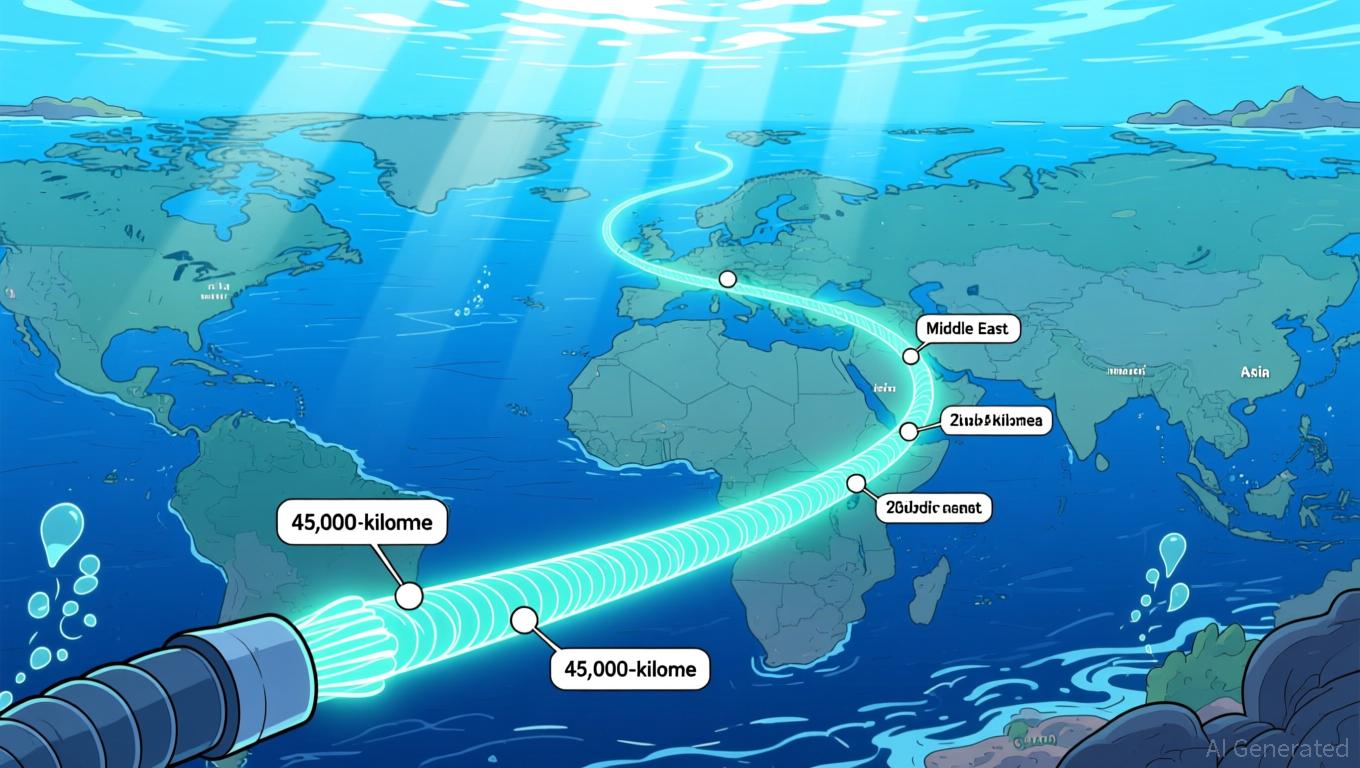Target’s ChatGPT Initiative: Securing Retail’s Future as Consumer Preferences Evolve
- Target integrates ChatGPT into its platform to boost engagement and efficiency amid soft demand, leveraging AI for trend analysis and customer service. - OpenAI's GPT-5.1 with customizable personalities and 1M+ business users highlights AI's expanding role in retail, as brands like Target compete with Walmart . - Agentic AI systems challenge traditional retail models, prompting Target to prioritize on-site tools to retain data control and brand loyalty while cutting 1,800 roles. - Analysts warn retailers
Target (TGT) is ramping up its digital overhaul by embedding OpenAI's ChatGPT into its shopping experience, aiming to boost both customer interaction and operational productivity as it faces sluggish demand. After recently lowering its profit forecast due to reduced discretionary spending, the retailer is turning to artificial intelligence to identify emerging trends, enhance customer support, and better compete with companies like Walmart
The growing use of AI in retail coincides with OpenAI's announcement that
The move toward AI-powered solutions is part of a broader trend in retail toward agentic AI systems—autonomous technologies that assist users and simplify the shopping process. These platforms, which include both third-party agents like ChatGPT and proprietary retailer assistants, are transforming how brands connect with shoppers. While third-party agents can disrupt traditional retailer-customer relationships by consolidating data and enabling purchases across platforms,

Experts in the field caution that the emergence of agentic AI could significantly alter current retail frameworks. "
Target's recent restructuring,
As the retail sector continues to change, the effectiveness of AI adoption will hinge on retailers' ability to build trust, remain transparent, and keep control over crucial aspects like checkout and data management. With the holiday season approaching, the competition to reshape the shopping experience is intensifying.
Disclaimer: The content of this article solely reflects the author's opinion and does not represent the platform in any capacity. This article is not intended to serve as a reference for making investment decisions.
You may also like
Billion-dollar Ethereum DAT plan quietly collapses amid market slide

Adam Back Discusses Bitcoin’s Long-Term Quantum Security
2Africa Cable Project Expected to Contribute $36.9B to Africa’s Economy and Enhance Worldwide Connectivity
- Meta completes 2Africa, the world's longest open-access subsea cable, enhancing Africa's global connectivity. - The 45,000km system with SDM technology doubles capacity, enabling 180Tbps bandwidth to reduce costs and boost 5G/data center investments. - Projected to add $36.9B to Africa's GDP within 3 years, it fosters competition through equal access for providers across 33 countries. - Facing seabed hazards and geopolitical delays, the $1.3B project aligns with Meta's AI infrastructure goals and global

ICP Network Expansion and Its Impact on Web3 Infrastructure Investments
- ICP Network's growth is driven by AI upgrades, Microsoft/Google Cloud partnerships, and institutional interest in its decentralized cloud infrastructure. - Price volatility (30% surge then 11% drop) and SEC scrutiny highlight regulatory risks, while technical upgrades like Fission aim to enhance scalability. - Institutional investors leverage ICP's governance model (NNS) and enterprise partnerships in healthcare/industrial IoT to diversify portfolios with real-world applications. - Discrepancies in DeFi